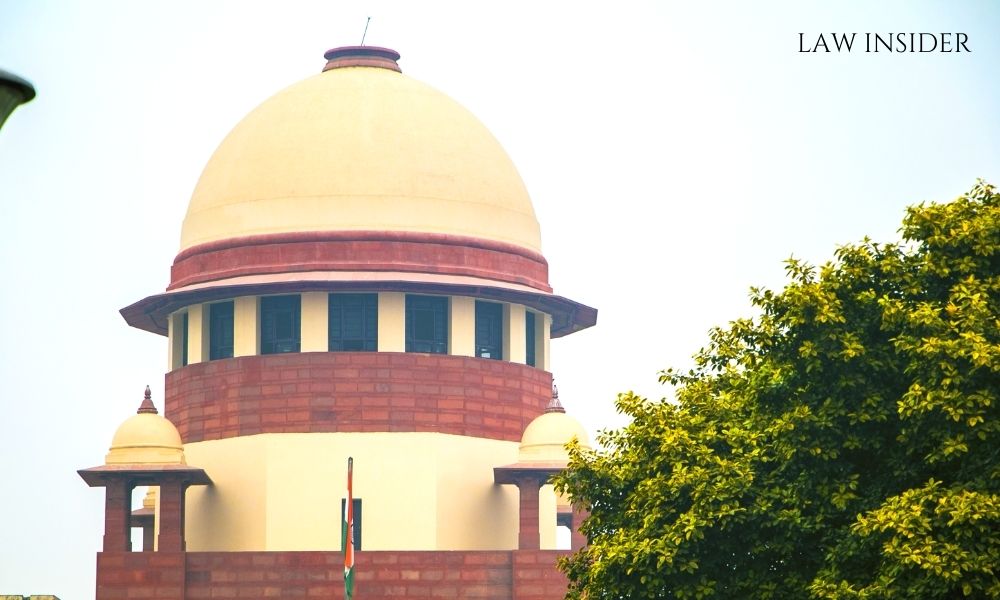LI Network
Published on: 21 August 2023 at 18:00 IST
The Supreme Court has underscored that genuine justice in cases involving crimes against children is not solely achieved through the apprehension of the perpetrator or the severity of the punishment imposed, but rather through the provision of support and security to the victim.
A bench comprising Justices S Ravindra Bhat and Aravind Kumar expressed this viewpoint while issuing a series of directives concerning the appointment of support persons under the Protection of Children from Sexual Offences Act (POCSO Act).
A “support person” is defined as an individual assigned by the Child Welfare Committee to assist the child throughout the investigation and trial process.
“In instances of crimes against children, the initial horror or trauma is not the sole aspect causing deep scars; this is further compounded by the absence of support and guidance in the days that ensue. In such situations, authentic justice transcends the mere apprehension and prosecution of the offender or the severity of the ensuing penalty. It hinges on the support, care, and protection afforded to the victim (or vulnerable witness) by the state and its various authorities, ensuring a process that minimizes trauma and strives for as painless an experience as possible during the entire process of investigation and trial,” the bench noted.
The apex court emphasized that the provision of care and support through state institutions and agencies is pivotal during this period.
Furthermore, the Supreme Court contended that justice can only be said to have been approximated when victims are reintegrated into society, feel secure, and their dignity and worth are restored.
“Without this, justice is an empty phrase, an illusion. The POCSO Rules 2020 offer an effective framework in this regard; however, it is incumbent upon the State, as the primary stakeholder, to ensure the stringent implementation of these rules, both in letter and in spirit,” the bench stated during the hearing of an NGO Bachpan Bachao Andolan’s plea, which highlighted the challenges faced by a survivor in a POCSO case in Uttar Pradesh.
The court observed that the role of a “support person” as outlined in the POCSO Rules of 2020 remains largely unfulfilled, emphasizing the need to ensure that the POCSO Act and its associated mechanisms are fully operational and effective.
To this end, the apex court instructed the Principal Secretary of the Department of Women and Child Welfare in Uttar Pradesh to convene a meeting within the next six weeks to assess the state’s capabilities regarding the support persons ecosystem.
This includes aspects such as selection, appointment, the necessity for special rules/guidelines/Standard Operating Procedures, and training.
The Supreme Court also directed the Centre and the National Commission for Protection of Child Rights to submit an affidavit by October 4, 2023, detailing the formulation of guidelines.
The court additionally called for the development of a framework in the form of a Standard Operating Procedure (SOP) to ensure the proper implementation of Rule 12 of the POCSO Rules 2020, requiring monthly reporting by Child Welfare Committees on specific information gathered by them.
This should encompass details about the engagement of support persons in trials and inquiries throughout the state, along with clarification whether they were from the directory or were external, provided by an NGO.
Recognizing that support persons, being trained professionals, often handle tasks requiring intense interactions in challenging environments, the court emphasized their right to fair remuneration.
While the Rules stipulate that such personnel should receive payment equivalent to a skilled worker according to the Minimum Wages Act of 1948, the Supreme Court suggested that their remuneration should align with their qualifications and experience, akin to those with comparable qualifications employed by the government or public institutions.
Hence, the court urged that this aspect also be taken into consideration during the meeting convened by the principal secretary.

